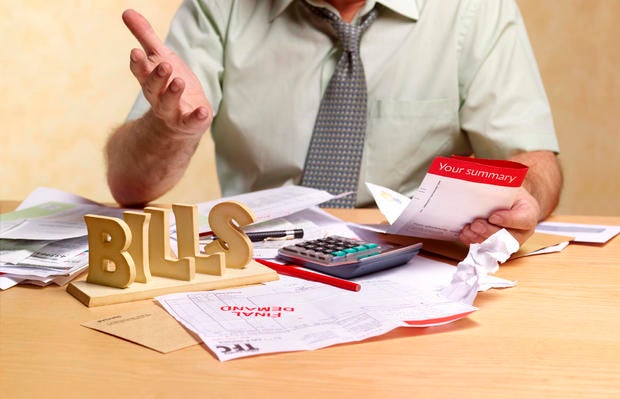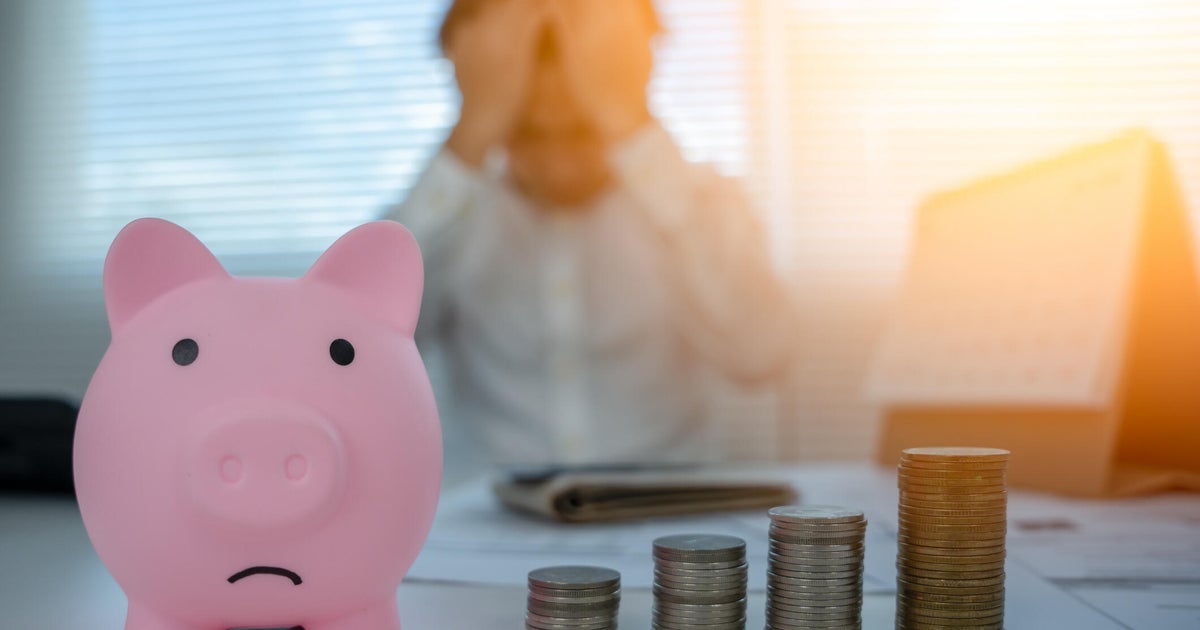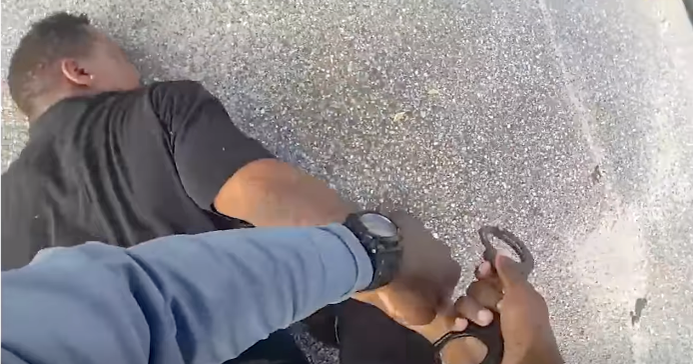Do debt collectors get paid if you file for bankruptcy?
If you've fallen behind on your debt payments, which many borrowers have recently, chances are that you've dealt with your fair share of debt collectors calling, sending letters and even threatening legal action. Dealing with debt collectors can be a stressful experience, though, especially if you feel like there's no way to pay off what you owe. In these situations, filing for bankruptcy can seem like hitting a reset button, as it allows you to wipe out debt and get a fresh start.
But what does that bankruptcy reset button mean for the debt collectors who purchased your debt from the original lender? Do they get paid if you file for bankruptcy, or are they out of luck?
The answer to that question largely depends on the type of bankruptcy you file. Some debts may be wiped out entirely, leaving debt collectors with nothing, while others require at least partial repayment. But the bankruptcy process is complex, and understanding how it affects both you and your creditors is essential before deciding whether this route makes sense for you.
Explore your debt relief options online now.
Do debt collectors get paid if you file for bankruptcy?
Whether debt collectors get paid depends on the type of bankruptcy you file: Chapter 7 or Chapter 13.
Chapter 7 bankruptcy
This is often referred to as "liquidation" bankruptcy. When you file for Chapter 7, your non-exempt assets are sold off to pay creditors. However, most people who file for Chapter 7 don't have many assets to liquidate, so creditors — including debt collectors — often receive little or nothing during this process. Most unsecured debts, such as credit card balances and medical bills, are wiped out entirely, leaving debt collectors with no recourse to collect. And, once the bankruptcy is discharged, they can no longer contact you or attempt to recover the debt.
Chapter 13 bankruptcy
This is a reorganization plan that allows you to repay some or all of your debts over three to five years. Debt collectors may receive a portion of what they are owed, depending on the repayment plan approved by the court. The amount they get depends on factors such as your income, the total amount of debt and the priority of different creditors. Secured debts (like mortgages and car loans) take precedence over unsecured debts (like credit card balances). Once the repayment plan is complete, any remaining qualifying debts are discharged, and collectors cannot come after you for them.
Regardless of which type of bankruptcy you file, though, an automatic stay goes into effect immediately. This means debt collectors must stop all collection activities, including calls, letters and lawsuits. Violating the automatic stay can result in penalties for the debt collector.
Speak to a debt relief expert about the options available to you today.
Bankruptcy alternatives worth considering now
While bankruptcy can provide serious relief from your overwhelming debt, it's not the only option for dealing with it. Depending on your financial situation, you might want to consider one of the following alternatives:
- Debt consolidation: If you have a decent credit score, you may qualify for a debt consolidation loan, which combines multiple debts into a single monthly payment with a lower interest rate. This can make repayment more manageable and help you avoid bankruptcy.
- Debt settlement: Some creditors are willing to negotiate a lower payoff amount in return for a lump sum payment, especially if they believe you might file for bankruptcy. Debt relief companies can help facilitate these negotiations, leading to a better outcome in many cases, but it's worth noting that they charge fees for their services, which can impact the total savings.
- Credit counseling: Credit counseling agencies offer debt management plans that help you pay off your debts in a structured way. During this process, they work with your creditors to lower interest rates and fees — and help you create a budget-friendly payment plan.
- Work directly with creditors: If you're struggling with payments, contact your creditors directly. Many lenders offer hardship programs that lower payments or temporarily suspend interest.
- Increasing your income or cutting expenses: Finding ways to increase your income (through a side job or selling assets) or reducing expenses can also free up cash that can be used to pay down debt more aggressively.
The bottom line
Debt collectors don't always get paid when you file for bankruptcy — especially in a Chapter 7 case. In Chapter 13, they might receive some repayment, but it's typically not the full amount owed. Either way, though, filing for bankruptcy puts an immediate stop to collection efforts, offering relief from constant calls and legal threats.
However, bankruptcy isn't the only option for dealing with debt. Alternatives like debt consolidation, debt settlement and credit counseling may be better choices depending on your financial situation, so be sure to weigh all your options before deciding on a path forward.






